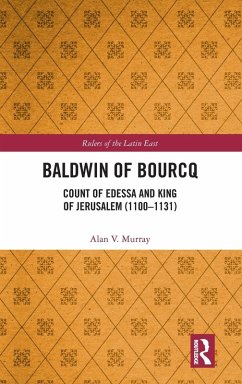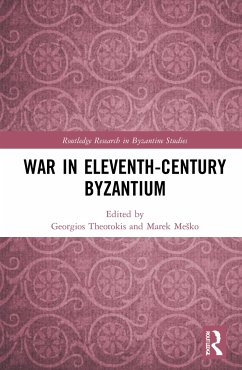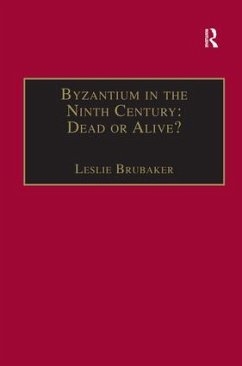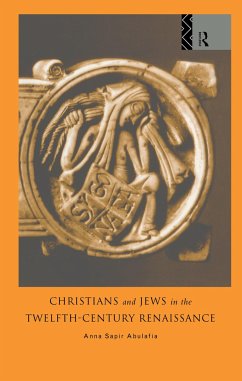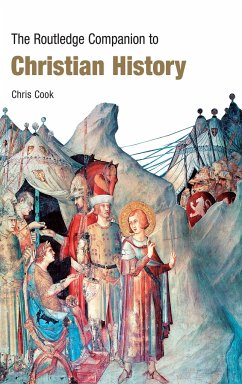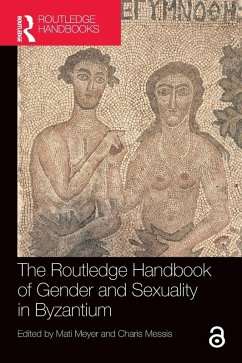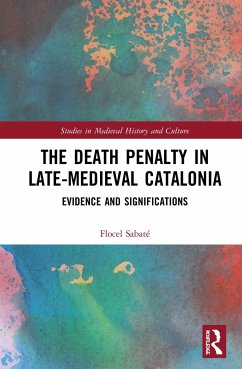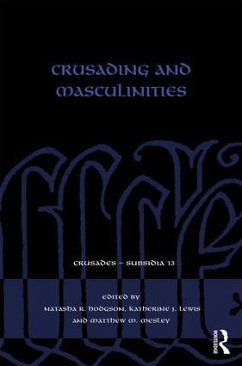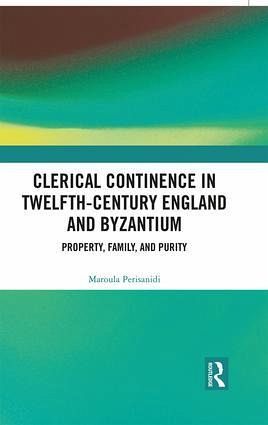
Clerical Continence in Twelfth-Century England and Byzantium
Property, Family, and Purity
Versandkostenfrei!
Versandfertig in 1-2 Wochen
167,99 €
inkl. MwSt.
Weitere Ausgaben:

PAYBACK Punkte
84 °P sammeln!
Why did the medieval West condemn clerical marriage as an abomination while the Byzantine Church affirmed its sanctifying nature? This book brings together ecclesiastical, legal, social, and cultural history in order to examine how Byzantine and Western medieval ecclesiastics made sense of their different rules of clerical continence.




